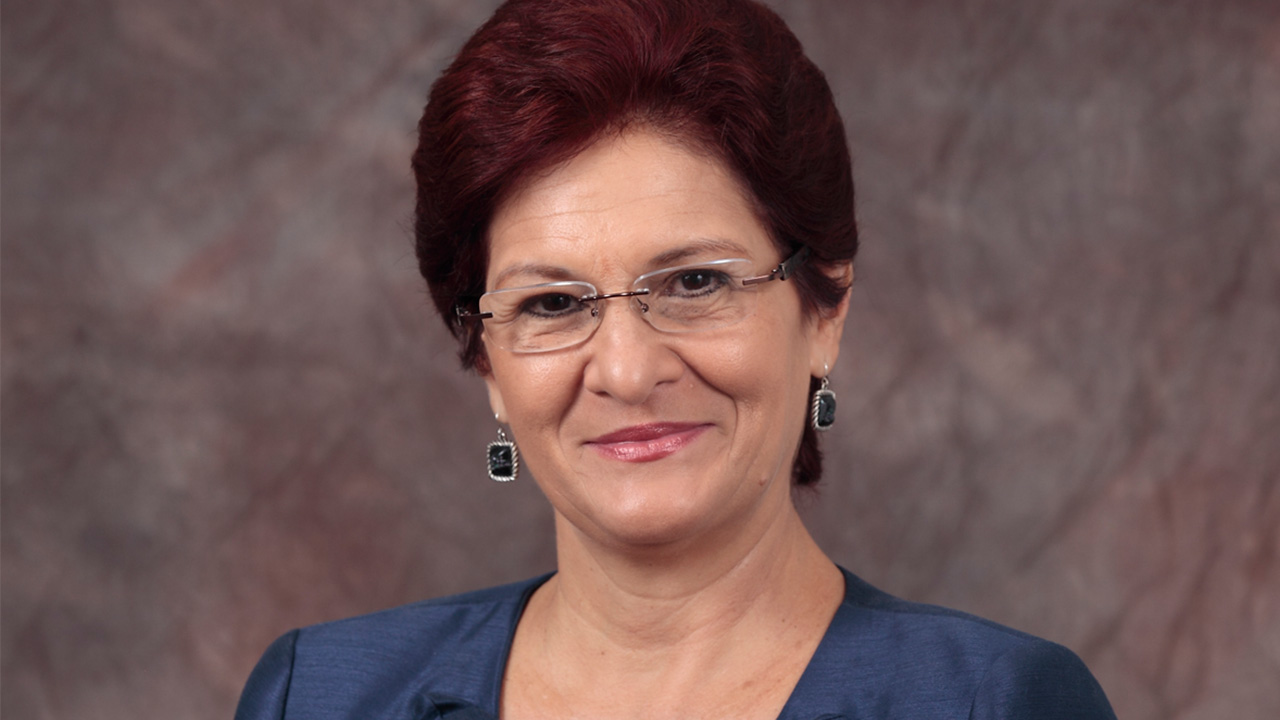Shannan Mosley
Director and CEO
Lots Of Love Home Care Agency, LLC
2800 Glades Circle
Suite # 128
Weston, FL 33327
954-500-LOVE (5683)
Lotsoflovehomecare.com
There are often two completely different ideas parents have on giving an allowance to their children. Some parents say I will not pay my child to help around the house they live in. We are a family, and they will help with household tasks because it’s their responsibility. Other parents will say, giving a child an allowance teaches work ethic, money management, and responsibility. While both opinions are perfectly logical and correct, and responsibilities essential for all children to learn. Let’s talk about the positives of allowance. Giving allowance teaches children from an early age that working will allow them to purchase or do the things they want. For example, if you want to go out and go to the movies with friends and you did not do what was expected of you, you will not be given an allowance and will not enjoy the outing. Children also learn to budget and the benefits of saving towards large purchases. A small way to teach budgeting is if your child wants a toy that costs $50.00 and they receive an allowance of $10.00 weekly, they can save for the 5 weeks or more according to the budget set by you and your child. The allowance does not have to be tied to manual labor, it can be given according to grades and educational successes. Allowance according to grades and education will directly correlate to real-life! The more education you attain, the better living you will be to have, typically. Positive reinforcement can be another way to base the decision of allowance. Helping with the family pet, assisting with large family projects, or helping others are great ways to drive home the positive reinforcement. Parents should allow their children to make the choices on how they will spend their money but be there to show their children the consequences of poor spending habits. By parents’ using passive guidance and monetary education, children will have a better chance of growing into fiscally responsible adults who can think through purchases and important financial decisions.













